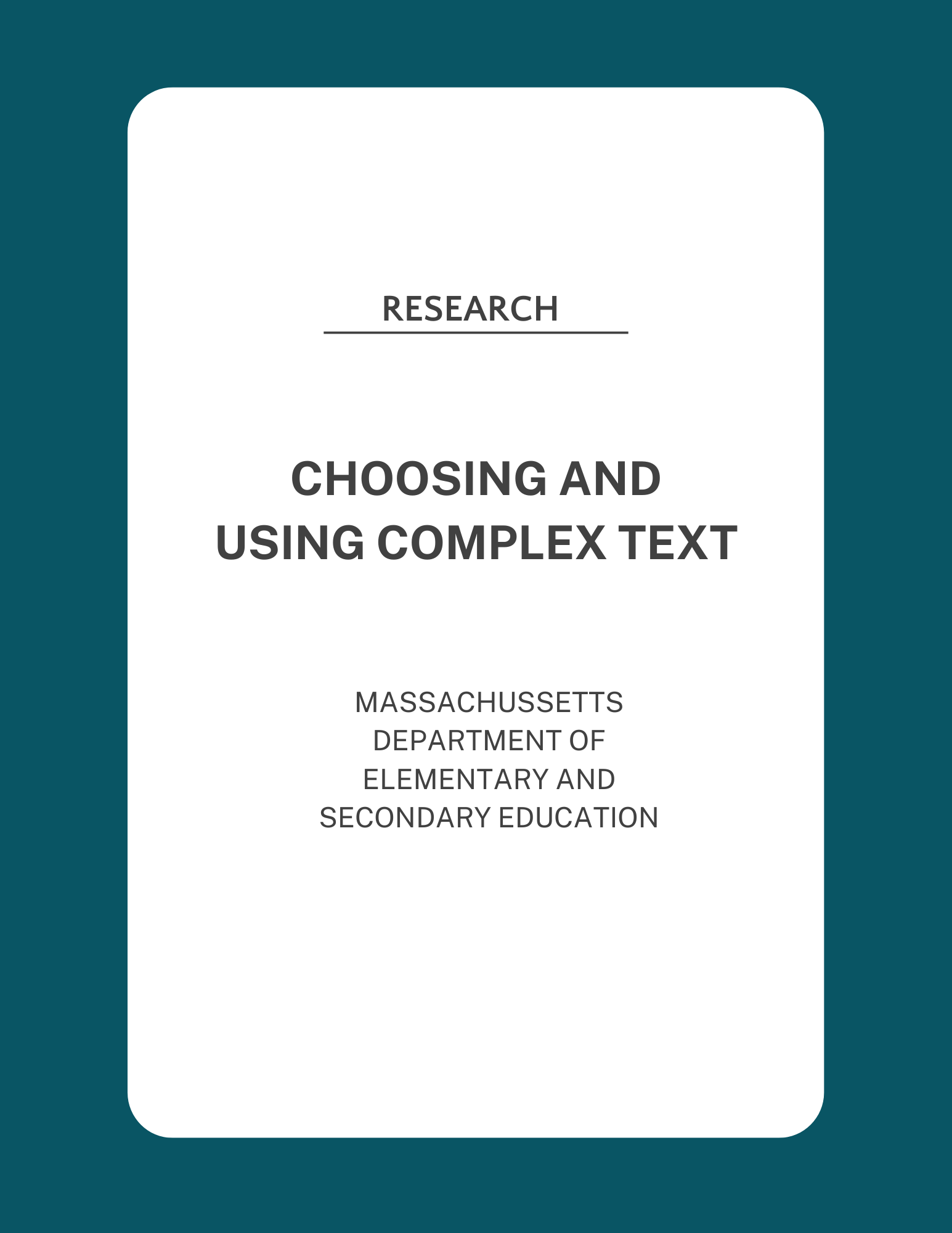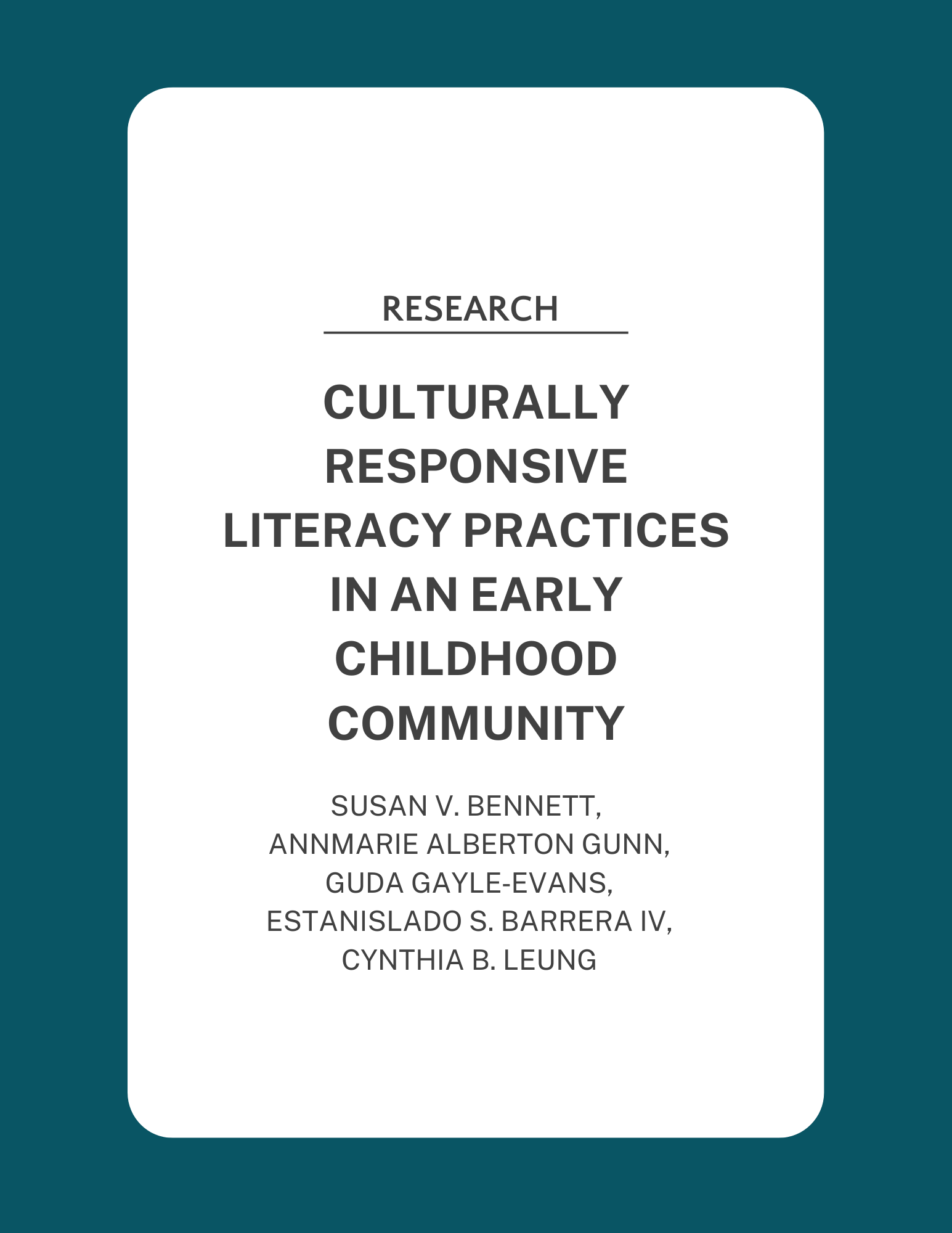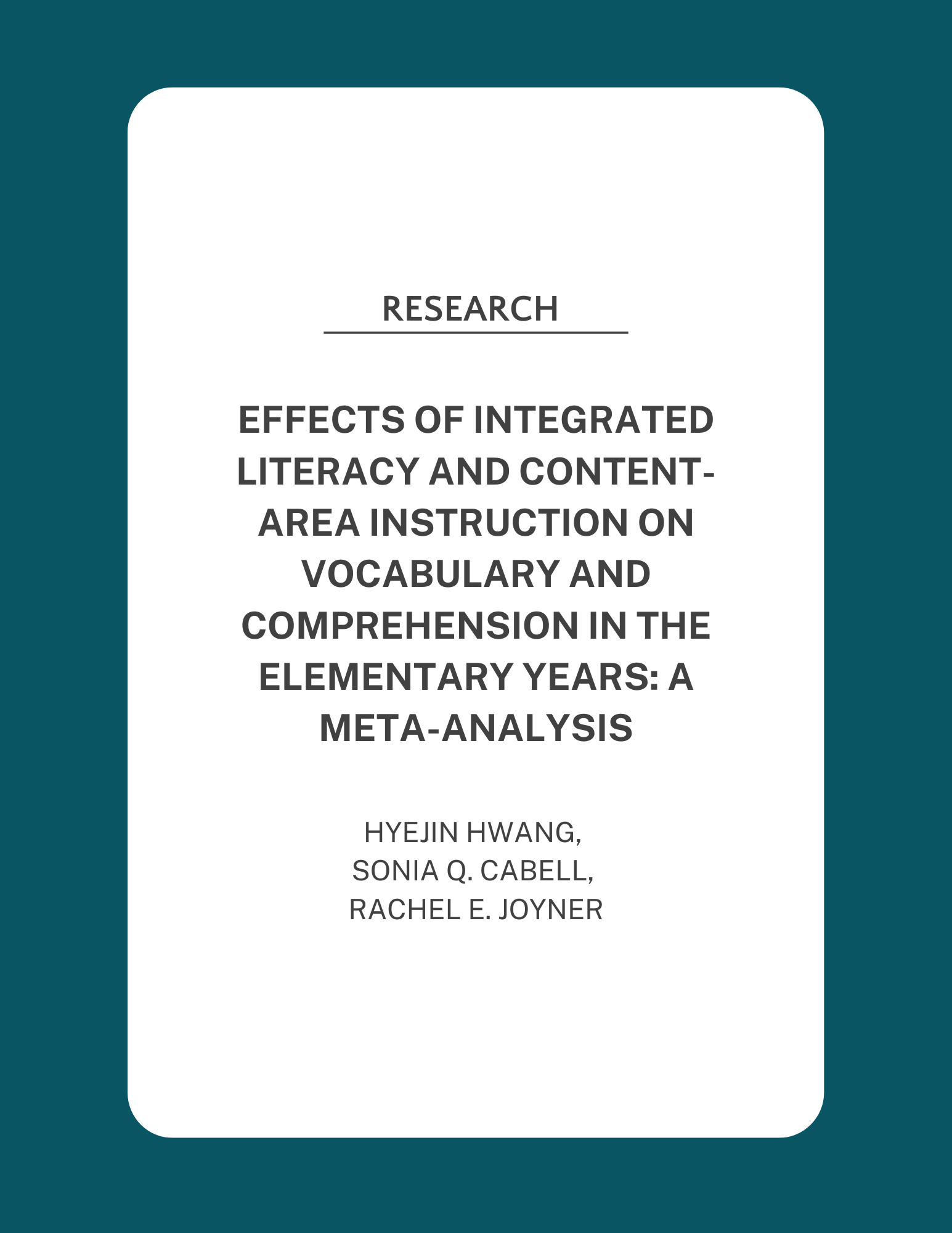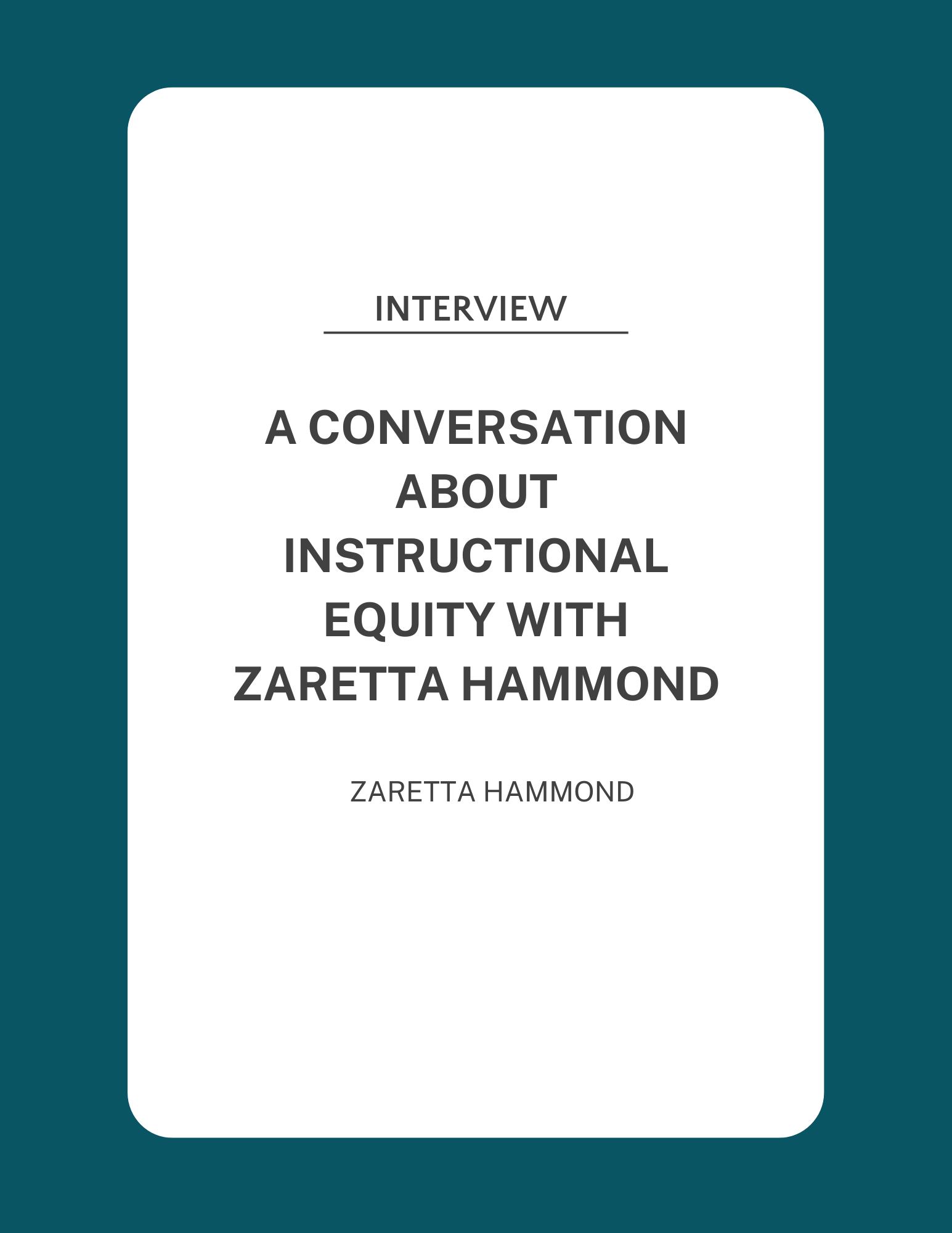Research
“Literacy is a fundamental human right. It is an instrument of empowerment to improve one’s health, one’s income, and one’s relationship with the world.”
- UNESCO
The Science of Reading is “a vast, interdisciplinary body of scientifically-based research about reading” that serves as a framework for how to develop proficient readers and writers (The Reading League). In 2000, the National Reading Panel Report identified "the big five" essential components of effective reading instruction: phonemic awareness, phonics, oral reading fluency, vocabulary, and comprehension. Scarborough's Reading Rope is a visual representation of how these multiple strands work together and lead to skilled reading.
The word recognition strand of the reading rope, often referred to as foundational skills, is taught in grades K-2, whereas language comprehension, such as vocabulary and knowledge-building, is much more complex and develops over a reader’s lifetime. While some students learn how to read through broad instruction, explicit and systematic instruction is necessary for most. Research shows that almost all students are capable of learning to read when they receive research-based instruction.
Education Advisory Board. Narrowing the Third-Grade Reading Gap - Embracing the Science of Reading. pg. 7.
Highlighted Research
Literacy leaders are learning, sharing, and acting on literacy research and evidence-based instructional practices to ensure all students become strong readers.
Three resources helping to guide the work:
Research Recap: Early Reading Accelerators: This resource from Student Achievement Partners highlights the research for early literacy as well as the crucial content necessary for proficient reading.
Foundational Skills to Support Reading Comprehension: This guide provides education practitioners with four concrete, research-backed recommendations for implementing foundational skills reading instruction that will positively impact students' reading growth.
Science of Reading Comprehension: This article from The Reading Teacher, written by Nell Duke, Alessandra Ward, and P. David Pearson, summarizes the research on reading comprehension and shares key elements for effective reading comprehension development.
Here is a sampling of readings leaders have explored.
Use the search menu below to access research by categories.
Research Supporting Foundational Skills in Reading
This document provides definitions and additional resources to refer back to for foundational concepts in the Science of Reading research in the form of an annotated bibliography.
Choosing and Using Complex Text
This website page from Massachusetts DESE shares multiple research studies demonstrating the importance of students engaging with complex text on a daily basis and includes information about culturally responsive practice, building vocabulary and knowledge, and leveraging linguistic assets for multilingual learners.
Love & Literacy: A Practical Guide to Finding the Magic in Literature (Grades 5-12)
This is a comprehensive book with research-based best practices, video clips of effective teaching, and a comprehensive Reading and Writing Handbook to empower educators.
Know Better, Do Better: Teaching The Foundations So Every Child Can Read
What do children need to become successful early readers? This book is a guide to structured literacy and teaching foundational reading skills, and it includes resources for classrroom instruction.
Phonemic Awareness Instruction Helps Children Learn to Read: Evidence from the National Reading Panel's Meta-Analysis
This article synthesizes the results of two meta-analyses on phonemic awareness and phonics instruction. Through the examination of 52 studies, phonemic awareness instruction positively impacted students ability to read in all settings such as individual, small group, and classroom settings.
Culturally Responsive Literacy Practices in an Early Childhood Community
To reflect and affirm culturally diverse students' identities and experiences, early childhood educators must provide learning opportunities that celebrate all communities. Educators identified five frameworks for fostering an environment that allows for culturally responsive teaching. Centering this framework in the research, this article offers advice on implementing this pedagogy in order to provide all students with a holistic and rich education.
Building Content Knowledge to Boost Comprehension in the Primary Grades
This review examined research trials in K-2 settings, as well as a preliminary study testing a content-centered ELA curriculum, to understand the impacts of building content knowledge in ELA instruction on reading & linguistic comprehension. Early studies suggest building content knowledge has positive effects on language comprehension, but additional research is needed to further substaintiate this approach to build reading comprehenshion explicity through knowledge building.
Effects of Integrated Literacy and Content-area Instruction on Vocabulary and Comprehension in the Elementary Years: A Meta-analysis
This study conducted a meta-analysis to examine the impacts of integrated literacy and content-area instruction on vocabulary and comprehension outcomes in K-5. The analysis included 35 quasi-experimental studies, and the results showed significant positive effects for vocabulary, comprehension, and content knowledge highlighting the benefits of combining literacy and subject-area instruction.
A Conversation about Instructional Equity with Zaretta Hammond
This excerpt features an interview with Zaretta Hammond, a national education consultant and author. Culturally responsive teaching is emphasized, and challenges like over-scaffolding and inadequate support for struggling learners are addressed.
Advancing Our Students' Language and Literacy: The Challenge of Complex Texts
This article presents research that supports explicit foundational skills instruction, highlighting its significance for students' reading development. It offers insights into evidence-based teaching practices and program components to improve early reading experiences through informed classroom instruction, material selection/design, and professional learning.
Science of Reading: Defining Guide
This resource from The Reading League gives an overview of key components and definitions for foundational Science of Reading concepts and explains their importance.
Structured Literacy: Applying the Science of Reading in the Classroom
This white paper from Lexia Learning emphasizes the importance of structured literacy as the embodiment of the science of reading in classrooms. It differentiates authentic approaches from less-supported ones to ensure effective instruction.














